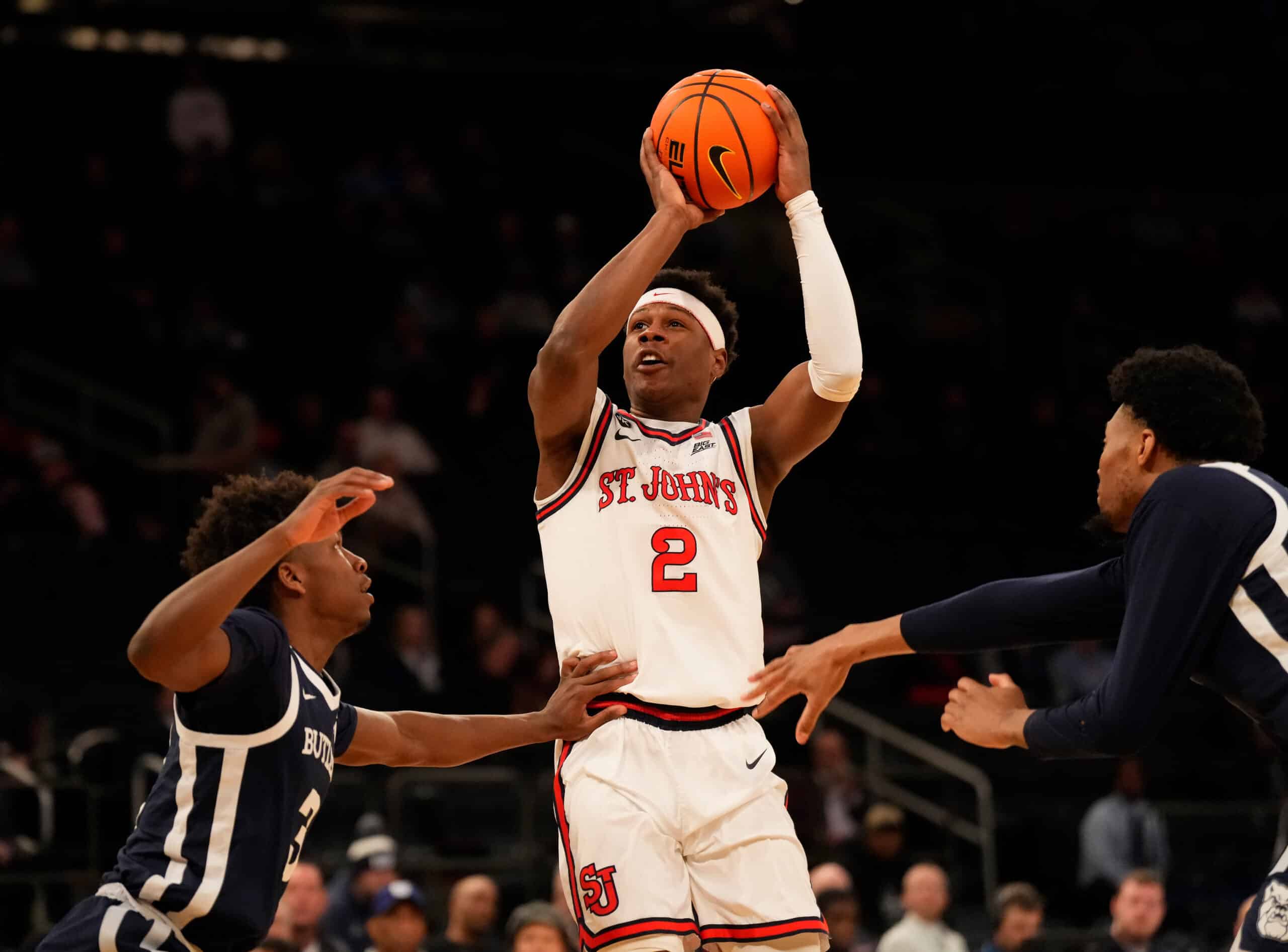For the past two years, states have been crafting various name, image, and likeness laws that would give their states a competitive edge in the NIL landscape.
But there’s something different about the latest batch of bills and amendments: They’re making it illegal for the NCAA to enforce some of its own NIL rules.
The main regulation legislatures are attacking is one published in 2022 NCAA documents, which says athletic department employees can’t organize or “facilitate” specific deals for athletes. If the NCAA tries to punish schools for their involvement in deals, it could be subject to litigation.
- In May, the Oklahoma legislature passed a new NIL law prohibiting the NCAA from punishing schools for flouting certain NIL rules.
- Yesterday, lawmakers in New York passed a similar bill that awaits Gov. Kathy Hochul’s signature.
- Multiple other states have bills in various stages of the legislative process, including Colorado, Missouri, Texas, and Arkansas.
The New York bill includes almost word-for-word language, the same as the Oklahoma law. “NCAA shall not prevent a college from … identifying, facilitating, enabling, or supporting opportunities for a student-athlete to earn compensation for the student-athlete name, image, and likeness.” Conferences are also prohibited from punishing schools for taking these actions.
All schools have to abide by the law that is most superior: national law is most powerful, then state law, then private association rules. There’s no federal NIL law, so states now have power over the NCAA.
“Regardless of what might happen with the NIL Summit in Congress or what the NCAA might do, right now your state law gives you that clear runway — which New York has never had before,” sports attorney Dan Lust, who represents NIL collectives and schools in New York, told Front Office Sports.
St. John’s provides an interesting case study for the ever-changing NIL landscape.
In the fall of 2021, the athletic department organized an opportunity for every Red Storm athlete to sign a NIL deal with a company called FitBiomics (founded by a Red Storm alum). The deal was completely kosher at the time, as no New York State law prevented a school from facilitating a NIL deal.
Once state legislatures realized their schools could get a leg up in NIL by being more involved in the process, they started amending or repealing their own NIL laws that prohibited school involvement.
But in 2022, the NCAA published “clarifications” to its NIL regulations, stating that schools cannot “engage in negotiations on behalf of an NIL entity or a student-athlete to secure specific NIL opportunities.” Under this policy, the NCAA could punish St. John’s for its TK deal, even though it was technically legal in New York State.
But as soon as Hochul signs the latest bill into law, St. John’s may resume organizing deals for its athletes. It’s not just legal in New York state to do so — the state authorities will attack the NCAA if the NCAA tries to sanction St. John’s for doing so.
It’s this particular brand of control that the NCAA is hoping to regain by pestering Congress to pass a federal law.
This week, Capitol Hill was overrun by the who’s who of college sports, from NCAA President Charlie Baker and SEC Commissioner Greg Sankey to countless athletic department officials, university presidents, and NIL collectives — all advocating for their own interest. Conveniently, Arizona State held a college sports summit in D.C. to explore the future of NIL and the industry at large.
But despite multiple bills circulating on both sides of the aisle, there’s no end in sight. For now, the states still have all the power.







![[Subscription Customers Only] Jun 15, 2025; Seattle, Washington, USA; Botafogo owner John Textor inside the stadium before the match during a group stage match of the 2025 FIFA Club World Cup at Lumen Field.](https://frontofficesports.com/wp-content/uploads/2026/02/USATSI_26465842_168416386_lowres-scaled.jpg?quality=100&w=1024)
![[Subscription Customers Only] Jul 13, 2025; East Rutherford, New Jersey, USA; Chelsea FC midfielder Cole Palmer (10) celebrates winning the final of the 2025 FIFA Club World Cup at MetLife Stadium](https://frontofficesports.com/wp-content/uploads/2026/02/USATSI_26636703-scaled-e1770932227605.jpg?quality=100&w=1024)









